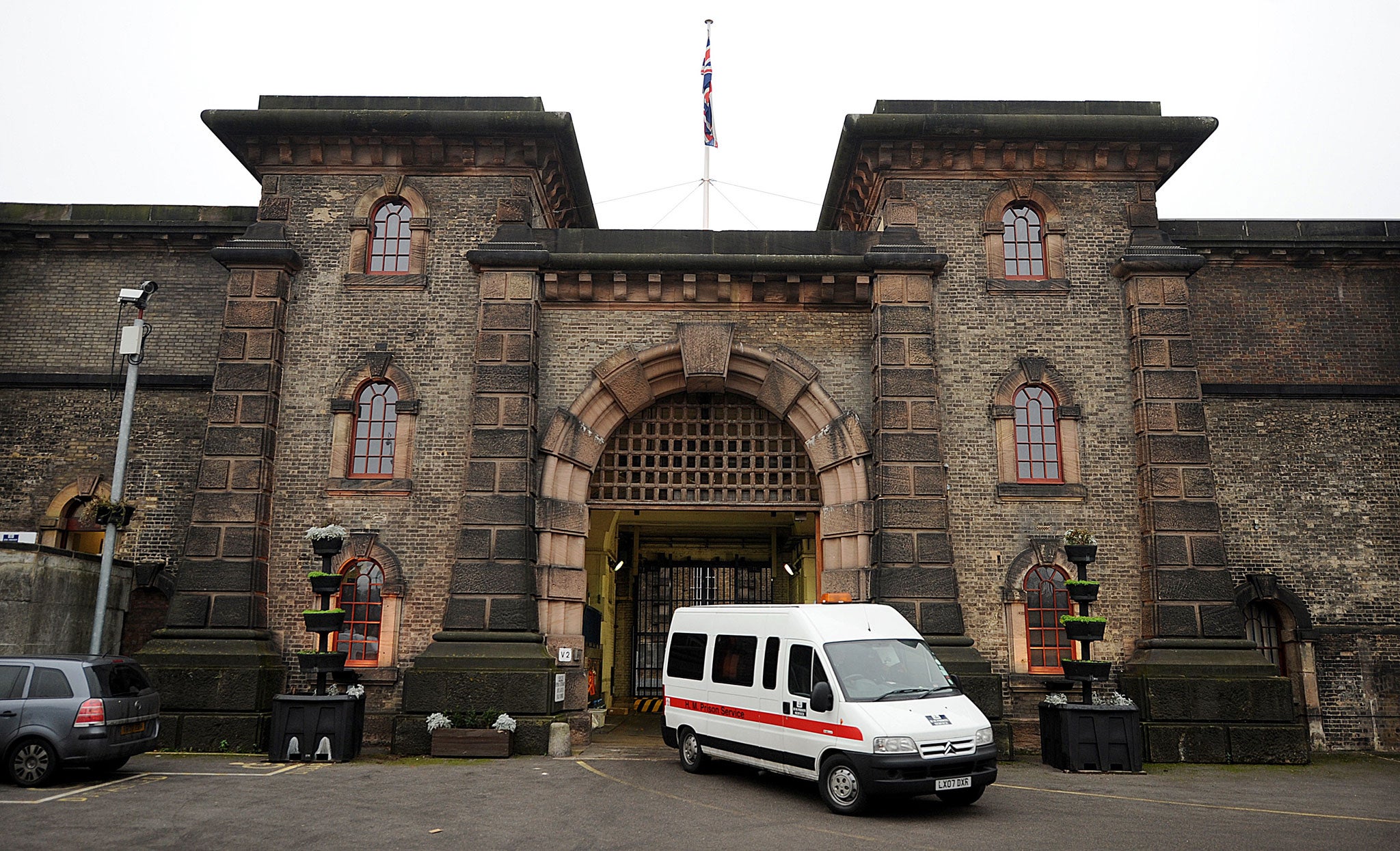Grayling's probation reforms could have the biggest impact of all
The historic overhaul will be driven through in the face of hostility

Your support helps us to tell the story
From reproductive rights to climate change to Big Tech, The Independent is on the ground when the story is developing. Whether it's investigating the financials of Elon Musk's pro-Trump PAC or producing our latest documentary, 'The A Word', which shines a light on the American women fighting for reproductive rights, we know how important it is to parse out the facts from the messaging.
At such a critical moment in US history, we need reporters on the ground. Your donation allows us to keep sending journalists to speak to both sides of the story.
The Independent is trusted by Americans across the entire political spectrum. And unlike many other quality news outlets, we choose not to lock Americans out of our reporting and analysis with paywalls. We believe quality journalism should be available to everyone, paid for by those who can afford it.
Your support makes all the difference.Chris Grayling is a minister in a hurry. Since becoming Justice Secretary he has announced the closure of several jails, tougher regimes for prisoners, the overhaul of the youth justice system and cuts to legal aid.
But the Grayling reform which could have the longest lasting impact is his determination to break up the probation service, which he views as riddled with waste and inefficiency.
He points to grim reoffending statistics – six out of ten short-term prisoners return to crime within a year of release – as evidence that the current system is failing.
His solution is to replace the 35 public sector probation trusts with 21 privately run “community rehabilitation companies” supervising about 160,000 low and medium risk offenders each year.
More than 700 organisations have expressed interest in the contracts, with rewards for cutting reoffending rates.
Responsibility for the most dangerous ex-offenders, including those with convictions for violence and sex crimes, would remain with the National Probation Service.
Mr Grayling is determined to get the shake-up in place by the next election, although he has been forced to accept a slight delay.
One former civil servant says: “He is completely focused on his legacy, and appears to be conscious time is running out.”
The result is that the historic overhaul will be driven through in the face of hostility and scepticism from MPs and peers of all parties, as well as probation staff and police and crime commissioners.
Even an internal risk assessment by the Ministry of Justice warned of an 80 per cent-plus risk of “an unacceptable drop in operational performance”, causing “delivery failures and reputational damage”.
Their resistance may well be seen by the Tory Right, whose support has been courted by Mr Grayling, as evidence of institutional antagonism to change.
The Justice Secretary insists the part-privatisation is not designed to trim money from the £1bn probation bill, but to spend it more effectively.
He argues that if the moves drive up standards, the reforms will reduce social harm – and save cash – by cutting reoffending. It is, he asserts, “obviously the right thing to do”.
Opponents are queuing up to disagree. They warn that the division between ex-offenders being variously supervised by private companies and by the public sector will cause confusion, while Sadiq Khan, the shadow Justice Secretary, has accused Mr Grayling of “a reckless gamble with public safety”.
The moves are being fiercely opposed by the National Association of Probation Officers, which this month stages its second protest strike. The union has also encouraged members to appeal against their enforced transfers to the private sector and hundreds have succeeded.
But they are running out of time to prevent the part-privatisation and there is no sign of a weakening in Mr Grayling’s resolve.
Bizarrely, he has been helped in his mission by a gift from the last Labour government, which legislated for the break-up of probation trusts, but never acted on the powers.He has not needed to bring in a Bill to implement the sweeping changes
The 35 trusts will be wound up on 31 May and the new system fully in place by next April, a month ahead of the general election. Whatever the result on 7 May 2015, part of the Grayling legacy will be in place.
Join our commenting forum
Join thought-provoking conversations, follow other Independent readers and see their replies
Comments